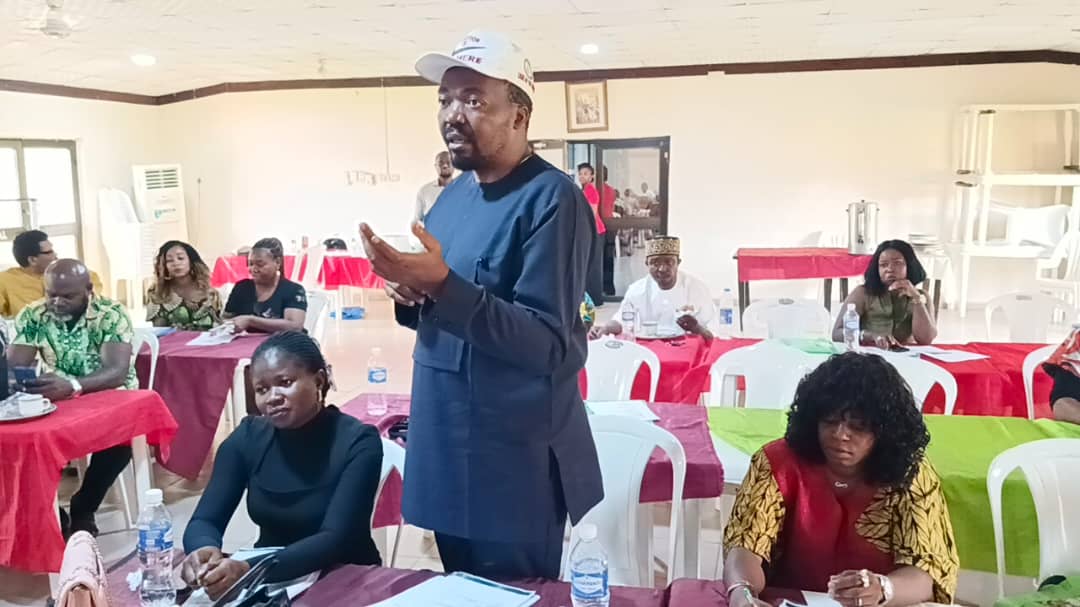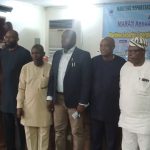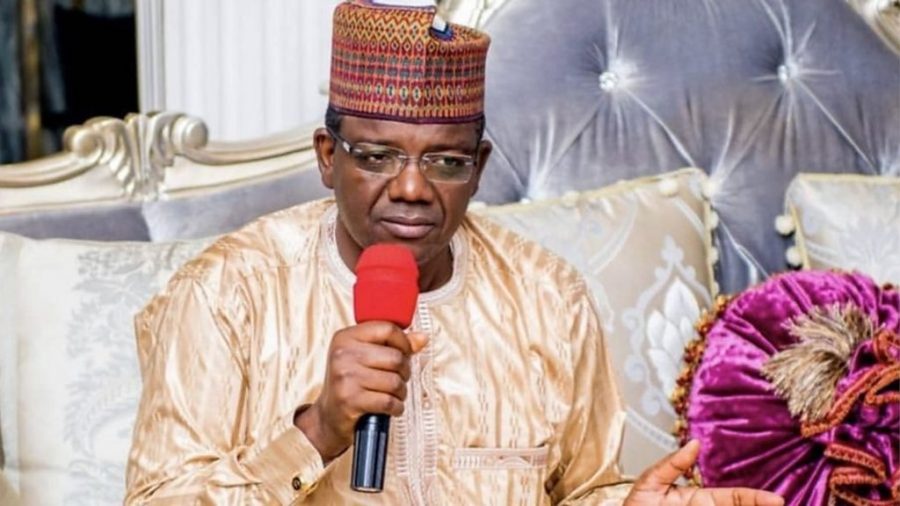The Anambra State Government has commenced training for its taskforce team to monitor hospitals and curb the operations of quack doctors in the state.
The three-day training was organised by the State Ministry of Health in collaboration with the National Agency for the Control of AIDS under the Resilient and Sustainable System for Health initiative.
Dr Afam Obidike, state’s Commissioner for Health, at the opening of the training on Thursday, lamented that many hospitals in the rural areas were ran by quacks and secondary school drop-outs.
Obidike said there was the need to improve on healthcare service delivery in both public and private health facilities, as well as protect the health of residents.
“Gov. Chukwuma Soludo’s administration set up this taskforce team for continuous monitoring, supervision and strategic means of identifying quacks and fake hospitals in the state.
“It is sad to note that many of those who operate health facilities, especially in the rural areas are not medical personnel while some are secondary school drop-outs.
“We have sealed up many hospitals where quacks operate because their operations endanger the lives of residents.
“This capacity training is to strengthen the taskforce to improve healthcare delivery and not to witch hunt.So that our people receive quality care as well as have trust in the healthcare system of the state,” he said.
The Commissioner urged residents to stop patronising quack doctors and report any illegal or unaccredited hospitals operating in their areas.
“Report them to us, we promise not to reveal your identity and we will fish them out so as to save the lives of our people especially those in the rural areas,” he said.
Obidike said that the state government would establish the State Health Facility Monitoring Accreditation Unit in 2024 to facilitate proper accreditation and monitoring of hospitals.
In his remarks, Dr Charles Okafor, a facilitator, said monitoring of health facilities was essential to ensuring improved quality of healthcare delivery to the residents of the state.
Participants were drawn from members of the Nigerian Medical Association, Civil Society Organisations, Association of Private Medical Practitioners, Association of Optometrists and other health workers.






